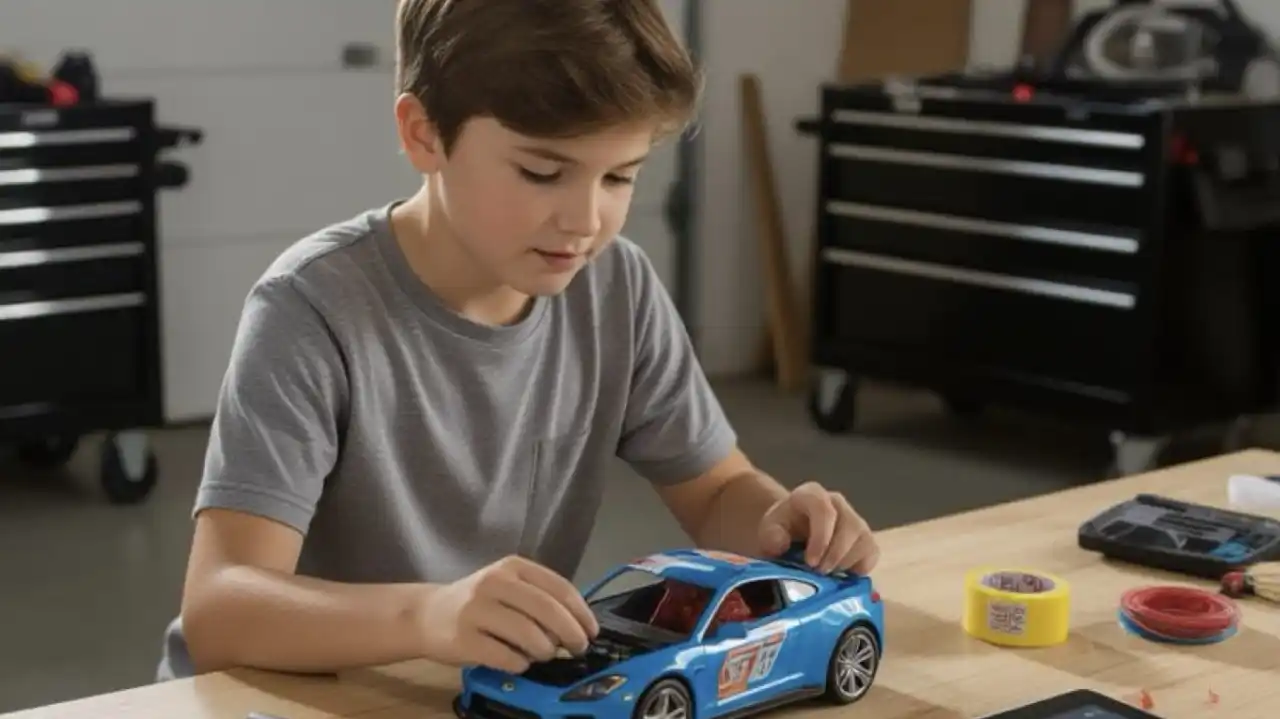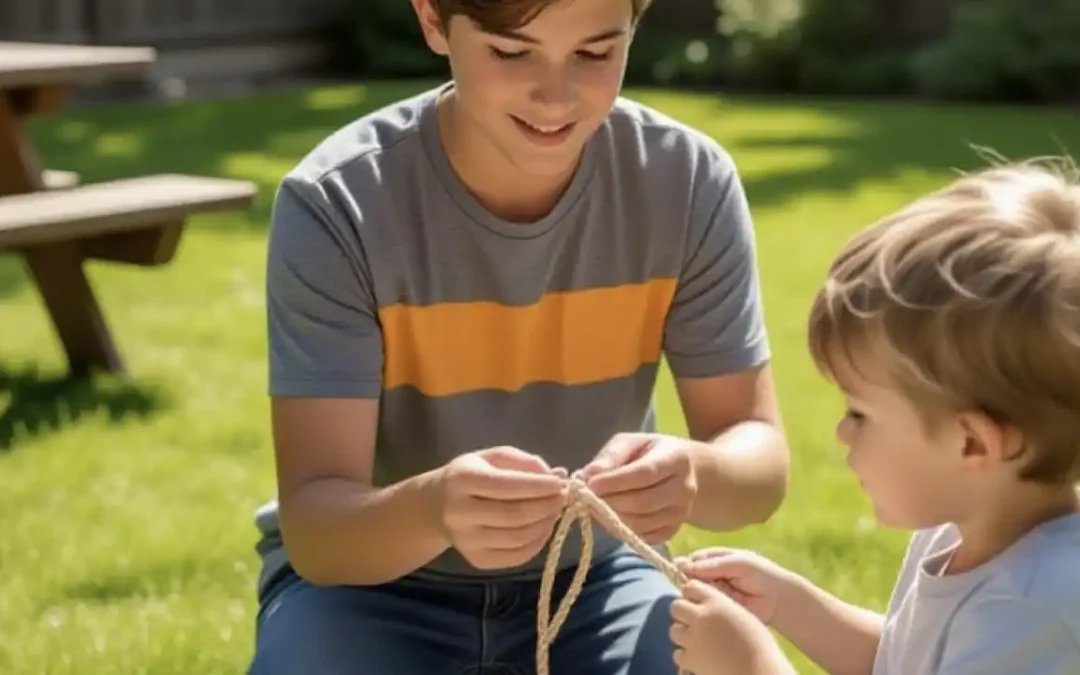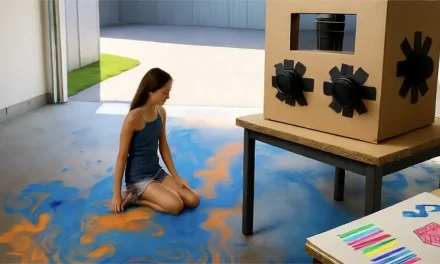
Creating Value as a Producer: Building Skills to Contribute
B
ig ideas can ignite a child’s imagination—but without skills, they stay locked inside. The world doesn’t just reward dreams—it depends on people who can turn them into action. A child’s potential becomes real only through practice, refinement, and follow-through. In the cafés of Paris, writers like André Gide didn’t rely on inspiration alone—they revised, rethought, and shaped their ideas through work and will. Ask your child, “What skill can you grow?” That question redirects them from passive wishing to deliberate effort. It teaches them that ability is earned—and that it’s their tools, not just their ideas, that will shape the world.
One cloudy afternoon, my son found a broken toy car on a shelf. He stared at it, unsure where to begin. I knelt beside him and asked, “What could you learn to make it work?” He thought a moment, then said, “Maybe model building.” That was enough. We watched a short how-to video, gathered supplies, and he got to work. When the wheels turned again, his face lit up—not just from fixing it, but from knowing he had done it. That experience sparked a streak of hands-on learning. Now, whether it’s a model for school or a home repair, he takes pride in his growing skillset. He’s learning that competence isn’t given. It’s earned—step by step.
Support this mindset by helping them notice where they can grow. After a challenge, game, or task, ask what they’d like to improve—whether it’s drawing, organizing, coding, or fixing. For younger children, keep it tactile and playful. For older ones, help them plan and track progress. Praise not just what they know, but how they build that knowledge. Over time, they’ll come to see that their effort has weight—and that their power lies in the skills they choose to master.
Creating Value as a Producer

Creating Value as a Producer: Think Beyond Yourself
Help children consider the needs and feelings of others. Compassion and awareness support empathy and moral maturity.

Creating Value as a Producer: Sharing Creations with the World
Encourage children to share their work publicly. Creative contribution builds confidence, communication skills, and joy.

Creating Value as a Producer: Understanding the Role of a Producer
Teach children they can create value in the world. Understanding purpose and contribution builds confidence and initiative.
Table of contents

Primordial Soup for the Mind: Navigation
Navigate the book Primordial Soup for the Mind.
TIPS
- Spark growth with curiosity, not pressure
- Focus on progress, not perfection
- Emphasize how skills build real-world value
ACTIVITIES
- Skill Try: After a task, ask “What skill can you grow?”—then try it together
- Fix Quest: Choose something small to repair and reflect on the process
- Mini Mastery: Let them teach someone else a skill they’ve begun to build
TOOLS
Fridge for display (optional).

Download “Primordial Soup for the Mind: A Parent’s Guide to Nurturing Intellectual Growth”
Enter your information to get this article and hundreds more as part of the FREE book Primordial Soup for the Mind.
Share your thoughts with the Thought Academy community in the Comments section below.

Sharpen those skills!
Enter your information to get our FREE practice exercises so you can hone your critical thinking and reasoning skills!







0 Comments